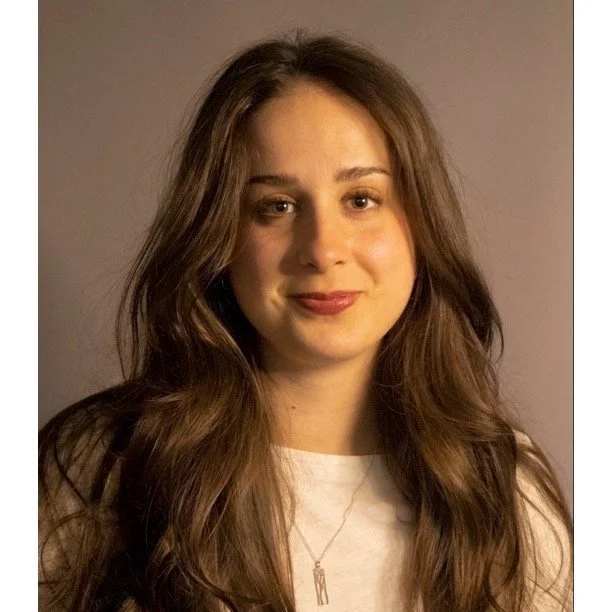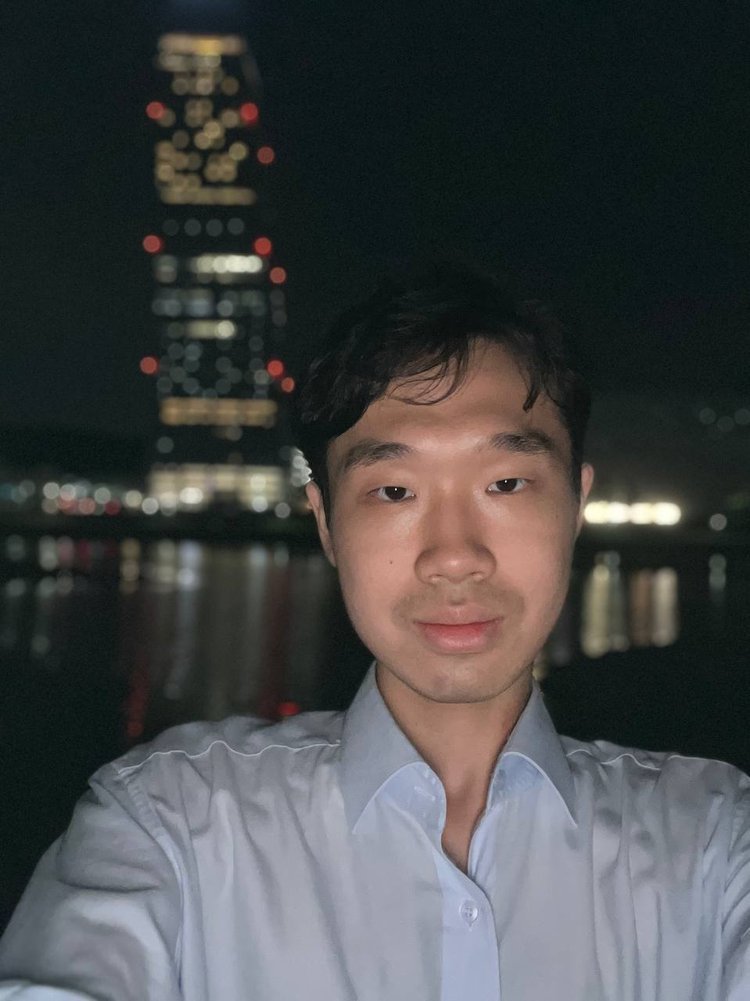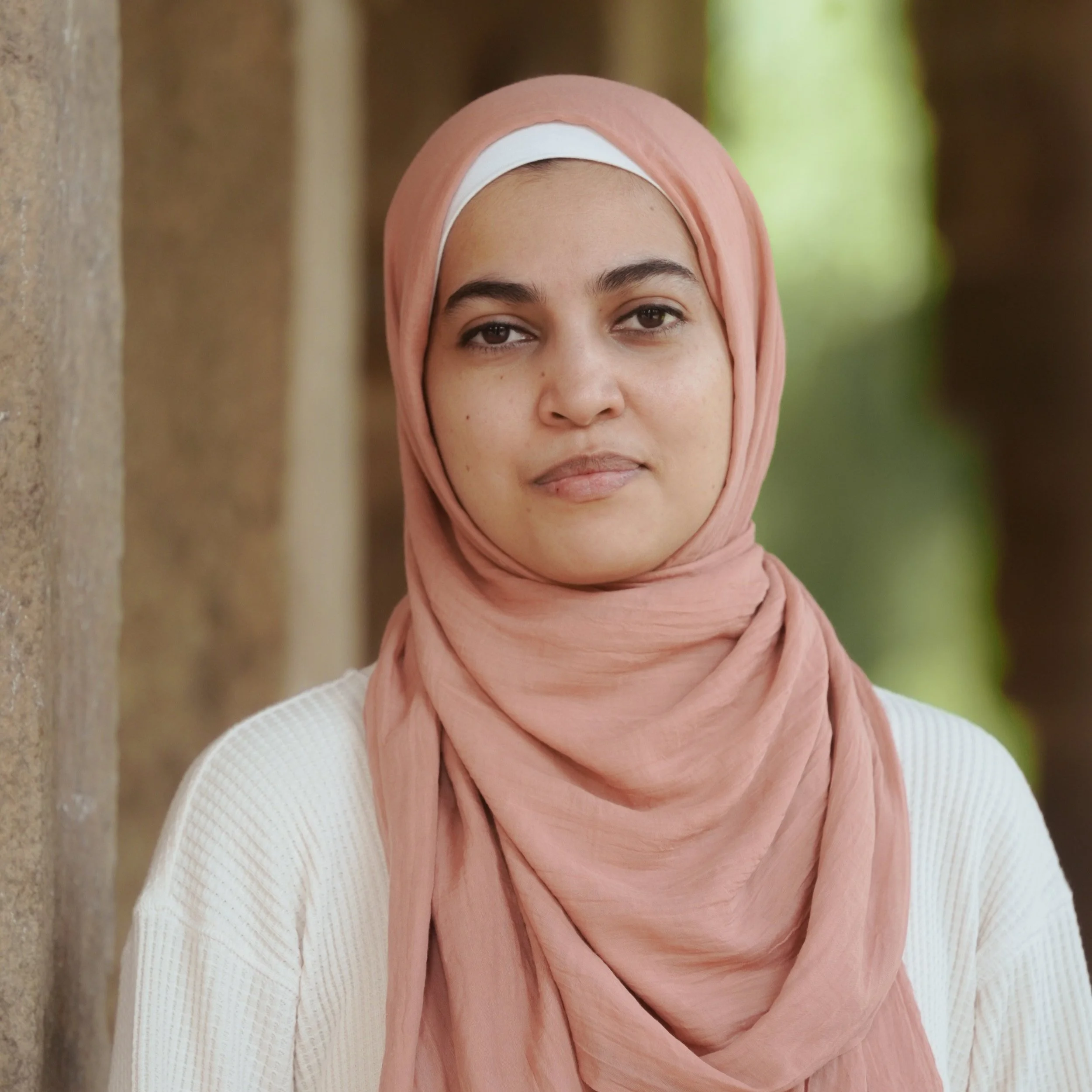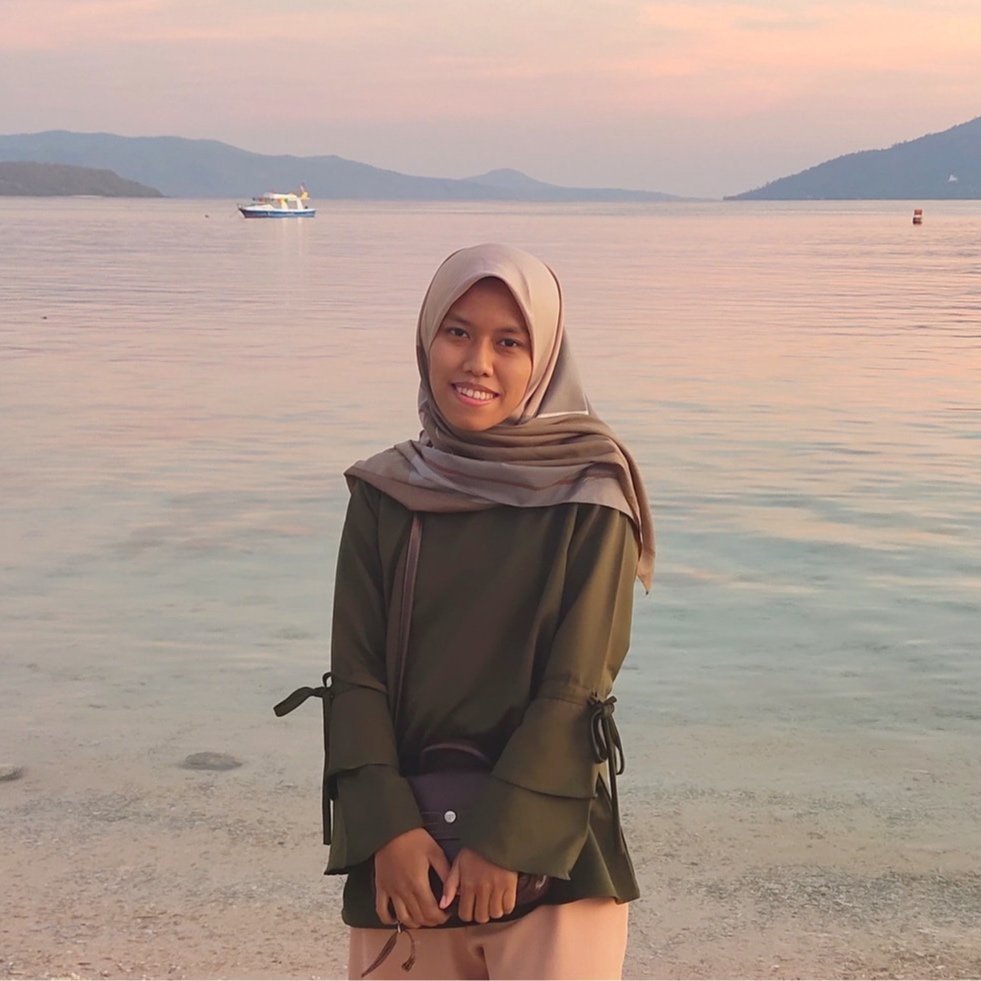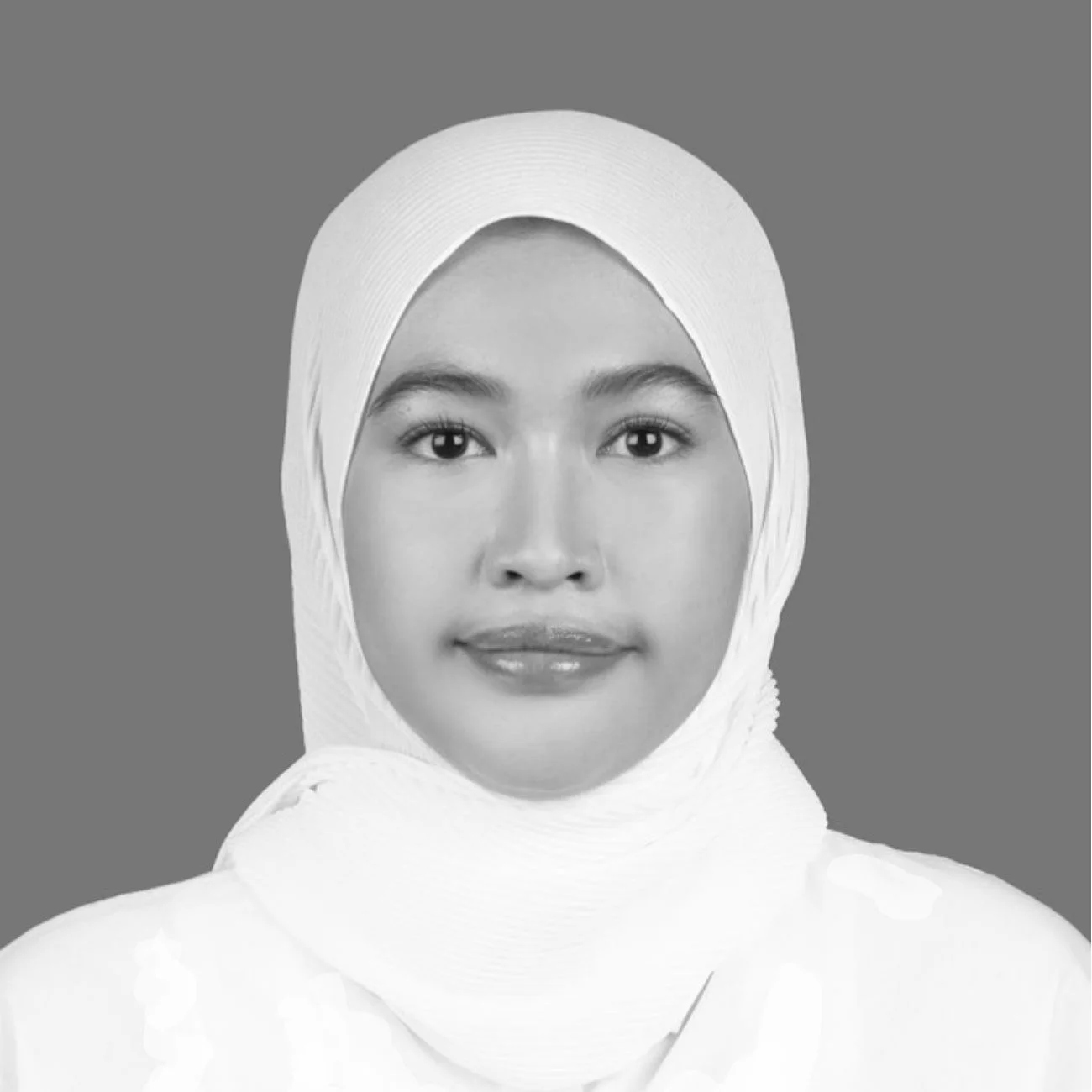M Abdul Fathah
M Abdul Fathah hails from the coastal Malabar region of South India and embodies the rich socio-cultural imageries of Islam in the region. He spent a considerable period of his school years with his immigrant parents in Riyadh and was drawn to frequent faith-based gatherings of the Malabari expatriate community. Fathah identifies himself as a product of migrant and transnational Islam, a subject that has captivated his academic pursuits in recent years. During his undergraduate studies at Jamia Madeenathunnoor in Calicut, he received rigorous training in Shāfi’ī and Asha’rī texts, alongside classical Arabic. Before joining the dual degree, he completed an MA in Political Science at the University of Hyderabad. His master's thesis explored how class and religion intervene in narratives of emigration within the Indian state and its subnational entities. He currently serves as an editor at Katib webmag (katib.in), where he curates articles and podcasts exploring the Islamicate religiopolitical imagination across the Indian Ocean world. As an MA candidate for the Columbia/Aga Khan dual degree in Islamic Studies and Muslim Cultures, he seeks to explore the academic field of Islam and particularly understand the religiopolitical discourses produced by South Asian Muslim immigrant organizations and itinerary Ulamā within the hierarchical space of the Arab Gulf states.









